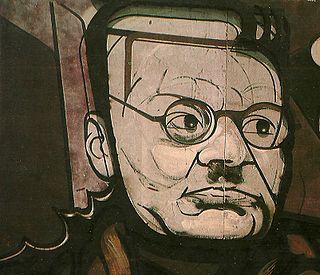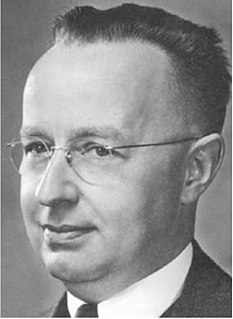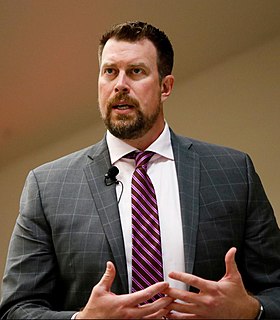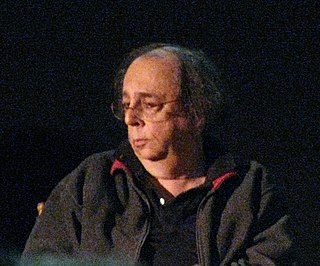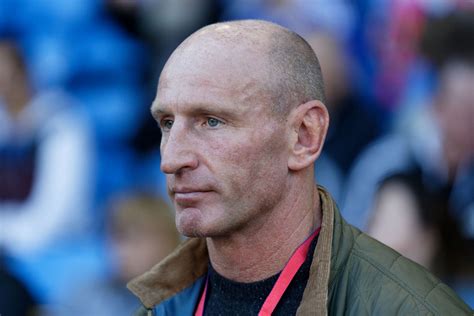A Quote by Ayn Rand
Now you see, Dr. Stadler, you're speaking as if this book were addressing to a thinking audience. If it were, one would have to be concerned with such matters as accuracy, validity, logic and the prestige of science. But it isn't. It's addressed to the public.
Related Quotes
Errors and exaggerations do not matter. What matters is boldness in thinking with a strong-pitched voice, in speaking out about things as one feels them in the moment of speaking; in having the temerity to proclaim what one believes to be true without fear of the consequences. If one were to await the possession of the absolute truth, one must be either a fool or a mute. If the creative impulse were muted, the world would then be stayed on its march.
I was so inspired by Dr. King that in 1956 with my brothers and sisters and first cousins, I was only 16 years old, we went down to the public library trying to check out some books and we were told by the librarian that the library was for whites only and not for colors! It was a public library! I never went back to that public library until July 5th, 1998, by this time I'm in the Congress, for a book signing of my book "Walking with the Wind"
We feel an affinity with a certain thinker because we agree with him; or because he shows us what we were already thinking; or because he shows us in a more articulate form what we were already thinking; or because he shows us what we were on the point of thinking; or what we would sooner or later have thought; or what we would have thought much later if we hadn’t read it now; or what we would have been likely to think but never would have thought if we hadn’t read it now; or what we would have liked to think but never would have thought if we hadn’t read it now.
Anti-Semitism is best understood as a virus. It has no logic. Jews were hated because they were rich and because they were poor; because they were capitalists and because they were communists; because they held tenaciously to an ancient faith and because they were rootless cosmopolitans, believing nothing. Hate needs no logic. It is a sickness of the soul.
Among all the liberal arts, the first is logic, and specifically that part of logic which gives initial instruction about words. ... [T]he word "logic" has a broad meaning, and is not restricted exclusively to the science of argumentative reasoning. [It includes] Grammar [which] is "the science of speaking and writing correctly-the starting point of all liberal studies."
People knew there were two ways of coming at truth. One was science, or what the Greeks called Logos, reason, logic. And that was essential that the discourse of science or logic related directed to the external world. The other was mythos, what the Greeks called myth, which didn't mean a fantasy story, but it was a narrative associated with ritual and ethical practice but it helped us to address problems for which there were no easy answers, like mortality, cruelty, the sorrow that overtakes us all that's part of the human condition. And these two were not in opposition, we needed both.
Boswell: But, Sir is it not somewhat singular that you should happen to have Cocker's Arithmetic about you on your journey? Dr. Johnson: Why, Sir if you are to have but one book with you upon a journey, let it be a book of science. When you read through a book of entertainment, you know it, and it can do no more for you; but a book of science is inexhaustible.
We can see now that we Americans were caught unprepared, because we were ordinary human beings, following the best advice we had at the time. No one would have guessed in 1941 that we would be attacked in such an unsportsmanlike manner as we were. No one could have visualized Pearl Harbor, either out there or in Washington. But if we had known then what we know now, we would have expected an attack in 1941.

